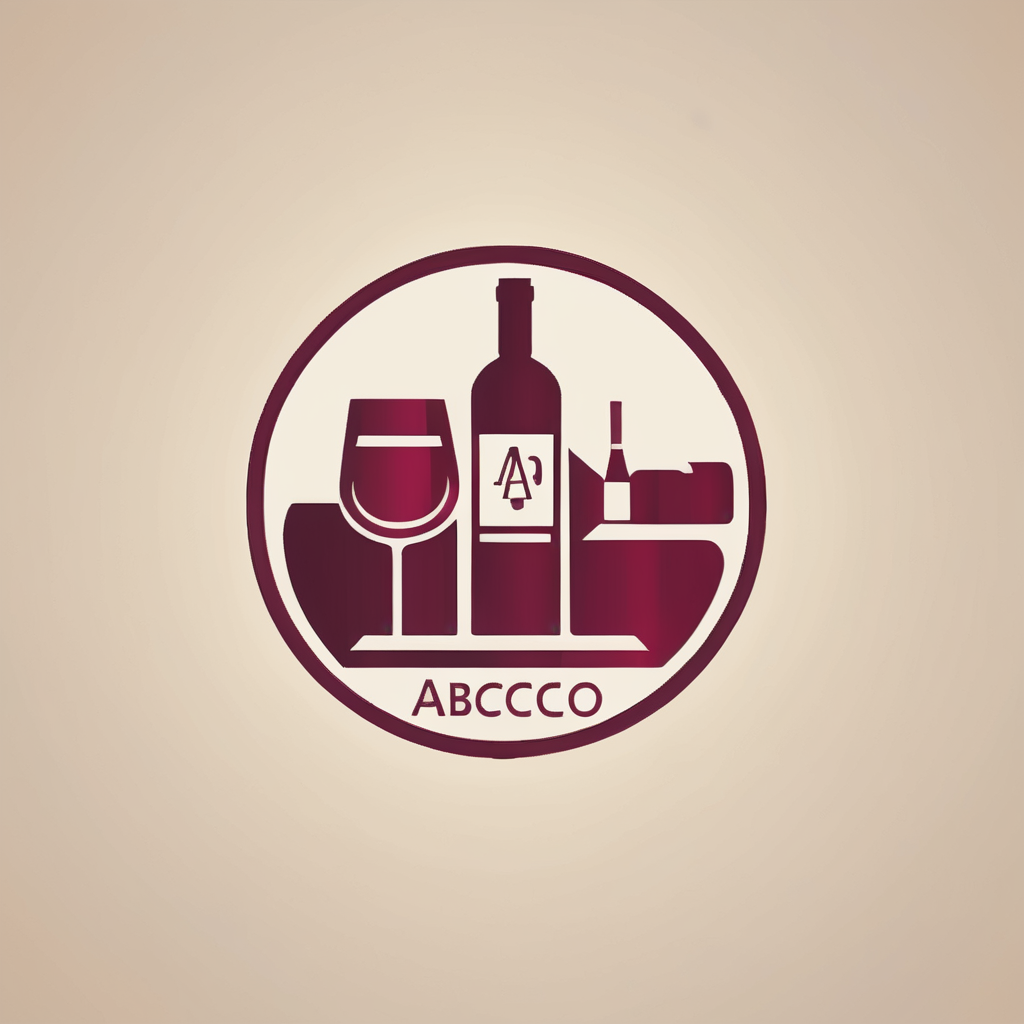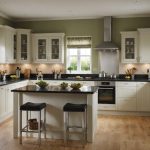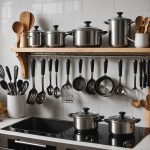Innovations in Eco-Friendly Kitchen Materials
Explore how eco-friendly kitchen materials are transforming UK kitchens with sustainable solutions. The increasing use of recycled kitchen surfaces such as reclaimed wood and repurposed metal is reducing waste and conserving resources. These materials not only minimize environmental impact but also add unique character to kitchen spaces.
Advancements in sustainable worktops present diverse options beyond traditional stone or laminate. Innovations include countertops made from recycled glass, bamboo composites, and compressed paper panels. These surfaces offer durability combined with environmentally conscious production methods, making them both practical and green.
In parallel : What’s Sparking the Latest Trends in UK Kitchens?
Cabinetry now often incorporates sustainably sourced timber and low-impact manufacturing techniques. This alignment with eco-friendly principles ensures kitchens contribute less to deforestation and pollution.
Another critical aspect is the use of non-toxic finishes and low-VOC products. These finishes reduce harmful indoor air emissions, promoting better health for household members. Choosing paints, stains, and adhesives certified as low-VOC or zero-VOC supports a safer cooking environment and aligns with the growing demand for healthier living spaces.
Also to discover : How Has Sustainable Design Impacted UK Kitchen Trends?
Together, these innovations reflect a shift toward materials that respect both the planet and people, setting the stage for greener kitchen designs.
Energy-Efficient Appliances and Fixtures
When upgrading kitchens, energy-efficient kitchen appliances are a key focus for UK homeowners aiming to reduce utility bills and environmental impact. Appliances such as refrigerators, ovens, and dishwashers with A+++ ratings use significantly less electricity than older models. This means lower energy consumption without sacrificing performance.
Sustainable kitchen fixtures contribute as well. Modern taps and sinks often incorporate water-saving designs, like aerators and flow restrictors. These features reduce water usage by up to 50%, making sustainable kitchen fixtures not only eco-friendly but cost-effective over time.
Lighting plays an essential role in energy efficiency too. LED bulbs provide bright, long-lasting illumination while consuming a fraction of the power compared to traditional incandescent lights. Integrating adjustable lighting controls helps tailor brightness, reducing wasted energy.
Water conservation techniques further enhance this sustainability approach. For example, dual-flush toilets and efficient dishwasher cycles minimize water waste. Combining these elements in a kitchen creates a practical, environmentally responsible space.
Embracing energy-efficient kitchen appliances and sustainable kitchen fixtures offers a harmonious blend of innovation and conservation, perfectly suited to modern UK homes.
Sustainable Manufacturing and Supply Chain Practices
Sustainability in kitchen manufacturing is essential for UK kitchen brands striving to minimize environmental impact. A core part of sustainable kitchen manufacturing is responsible sourcing. This means using materials from certified suppliers who prioritize renewable resources and ethical labor conditions. Many UK kitchen brands turn to FSC-certified wood or recycled metals, ensuring that raw materials come from managed forests or sustainable supply chains.
Reducing the carbon footprint during manufacturing is another priority. Brands achieve this through energy-efficient production methods, like using renewable energy sources and optimizing logistics to cut transport emissions. These efforts not only lower operational impact but also align with broader carbon reduction goals expected by environmentally aware consumers.
To guide buyers, certifications such as FSC, PEFC, and eco-labels like BREEAM help identify kitchens made with eco-conscious methods. These certifications provide transparency, reassuring customers about the sustainability credentials of their kitchen products.
Ultimately, integrating sustainable kitchen manufacturing with responsible sourcing reflects UK kitchen brands’ commitment to environmental stewardship, helping to create kitchens that are both stylish and eco-friendly.
Innovative Eco-Conscious Design Features
In modern kitchen design, innovative eco kitchen design emphasizes sustainability without sacrificing style or convenience. Flexible kitchen layouts are crucial, allowing homeowners to adapt their space over time. This flexibility extends the kitchen’s lifecycle, reducing the need for costly renovations and minimizing waste. For example, modular cabinets and adjustable shelving empower users to reconfigure storage efficiently as needs evolve.
Space-saving and modular design elements reduce the environmental footprint by optimizing material use and limiting excess. Compact appliances and integrated storage maximize available space, cutting down on unnecessary clutter and energy consumption.
A key advancement in eco-friendly kitchens is incorporating waste reduction features such as built-in composting units and recycling stations. These systems make separating organic and recyclable waste effortless, encouraging responsible habits at home. Additionally, some designs feature hidden bins or pull-out compartments to maintain aesthetic appeal while promoting sustainability.
By prioritizing functionality, flexibility, and effective waste management, these kitchens embody modern values and resource-conscious living, offering practical solutions to reduce household environmental impact without compromising design.
Industry Insights and Case Studies
Sustainability in UK kitchen design has become a cornerstone for many designers and homeowners. Leading UK kitchen sustainability trends now emphasize the use of eco kitchens that combine style with environmental responsibility. For example, real-life case studies of eco kitchens reveal innovative use of reclaimed wood, energy-efficient appliances, and low-VOC materials. These choices not only reduce environmental impact but also enhance indoor air quality and longevity.
Expert opinions on sustainable design concur that the future of UK kitchens lies in integrating smart energy management systems with renewable materials. Designers highlight that adopting eco-conscious kitchen layouts helps optimize natural light and reduces waste through modular designs.
One notable case study involved a kitchen renovation where sustainable materials reduced carbon footprint by 40%, showcasing the tangible benefits of eco kitchens. Such examples demonstrate how embracing sustainability can elevate both functionality and aesthetics.
These insights indicate a clear shift towards creating kitchens that are more than just a cooking space—they are holistic environments prioritizing earth-friendly practices. As interest in UK kitchen sustainability trends grows, so does the demand for expert-led projects that balance innovation with ecological responsibility.
Practical Guidance for Homeowners Pursuing Sustainable Kitchens
Choosing eco-friendly kitchen tips begins with selecting materials that reduce environmental impact while ensuring durability. Prioritize renewable or recycled materials like bamboo, reclaimed wood, or recycled glass countertops. These alternatives not only support sustainability but often add unique character to your kitchen design.
When it comes to appliances, opt for energy-efficient models with high Energy Star ratings. These appliances consume less power and reduce your carbon footprint. Additionally, consider appliances made from sustainable materials or those designed for easy repair and recycling.
Collaborating with sustainable kitchen designers in the UK can streamline your renovation process. They bring specialized knowledge of local eco-friendly materials and suppliers. Engaging professionals familiar with green building standards ensures that your project aligns with both environmental goals and building regulations.
Budgeting for a sustainable kitchen renovation involves allocating funds not just for materials and appliances but also for design consultation and potential sustainable certifications. While some eco-friendly options may have higher upfront costs, the long-term energy savings and increased home value offer significant returns. Planning with a clear focus on sustainability can help homeowners balance eco-conscious choices with financial considerations, delivering a kitchen that is both responsible and stylish.


